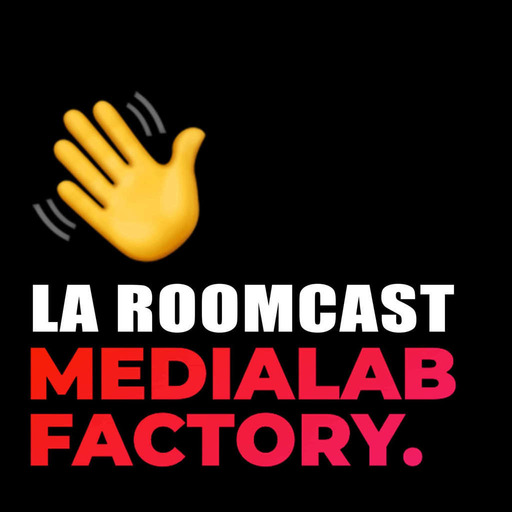How can you get more performance from your existing data science infrastructure? What if a DataFrame library could take advantage of your machine’s available cores and provide built-in methods for handling larger-than-RAM datasets? This week on the show, Liam Brannigan is here to discuss Polars.
Liam is an experienced data scientist working in finance, technology, and environmental analysis. He’s recently started contributing to the documentation for Polars and developing a training course for the library.
We talk about the library’s overall speed and lack of additional dependencies. Liam explains the advantages of lazy vs eager mode and which to choose when performing data exploration or attempting to load a dataset larger than your RAM.
We also discuss potential barriers to switching to Polars from a pandas workflow. Across our conversation, we explore several other libraries and technologies, including Apache Arrow, DuckDB, query optimization, and the “rustification” of Python tools.
Course Spotlight: Graph Your Data With Python and ggplot
In this course, you’ll learn how to use ggplot in Python to build data visualizations with plotnine. You’ll discover what a grammar of graphics is and how it can help you create plots in a very concise and consistent way.
Show Topics:
- 00:00:00 – Introduction
- 00:02:06 – Liam’s background and intro to Polars
- 00:03:37 – Hurdles to switching to Polars
- 00:05:23 – Creating training resources
- 00:08:15 – No index
- 00:09:46 – Data science 2025 predictions
- 00:12:02 – Contributions to Polars
- 00:15:07 – Eager vs lazy mode & query optimization
- 00:19:25 – Sponsor: Anaconda Nucleus
- 00:20:00 – Apache Arrow and parquet
- 00:24:43 – DuckDB and column orientation
- 00:29:27 – The “rustification” of libraries
- 00:34:49 – Video Course Spotlight
- 00:36:16 – GPUs and memory requirements
- 00:45:49 – No additional library requirements
- 00:47:37 – Development of the ecosystem
- 00:51:33 – Chaining operations
- 00:53:39 – How can people follow your work?
- 00:54:51 – What are you excited about in the world of Python?
- 00:56:09 – What do you want to learn next?
- 00:56:58 – Thanks and goodbye
Show Links:
- Liam Brannigan - Data Scientist
- Polars
- polars - PyPI
- Coming from Pandas - Polars - User Guide
- Rho-Signal Data Analytics - YouTube
- Cheatsheet for Pandas to Polars - Rho Signal
- Data Analysis with Polars - Udemy
- I wrote one of the fastest DataFrame libraries - Polars
- Database-like ops benchmark comparison
- Data science 2025 - Liam Brannigan
- DuckDB - An in-process SQL OLAP database management system
- The great Python DataFrame showdown, part 1: Demystifying Apache Arrow
- Apache Arrow
- Learn Rust - Rust Programming Language
- Modern Polars
- Anaconda - PyScript Updates: Bytecode Alliance, Pyodide, and MicroPython
- Jupytext - Jupyter Notebooks as Markdown Documents, Julia, Python or R Scripts
- Polars up and running - Liam Brannigan
- Liam Brannigan - Data Scientist - Blog
- Liam Brannigan (@braaannigan) - Twitter
- Liam Brannigan - LinkedIn
Level up your Python skills with our expert-led courses:


 Emissions
Emissions







